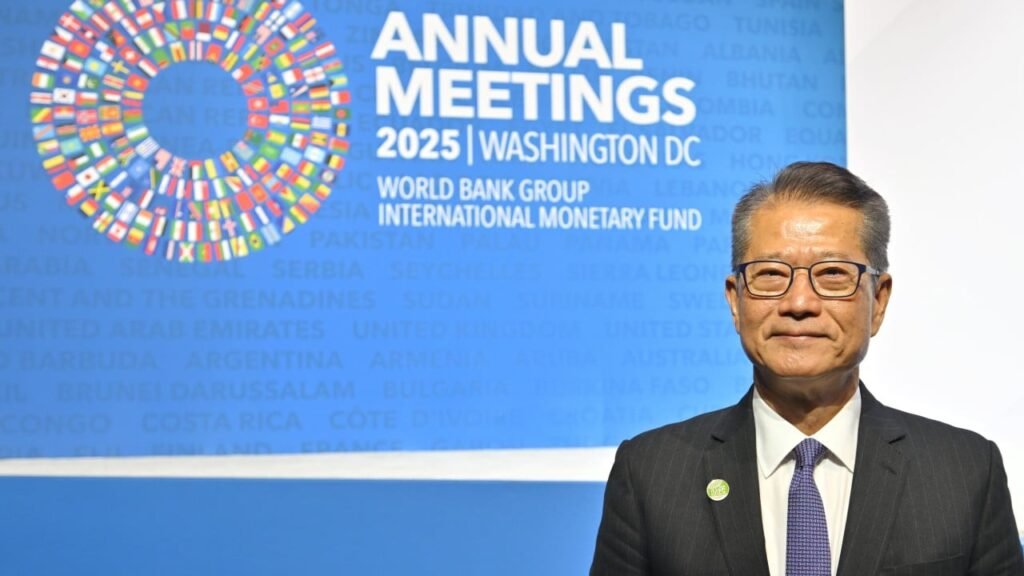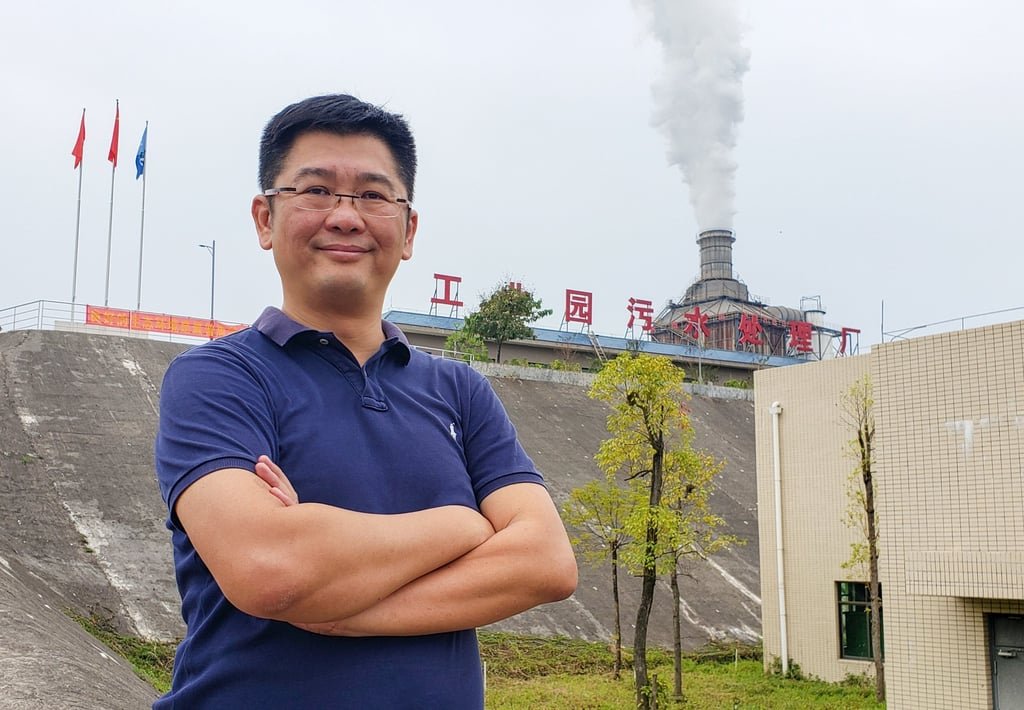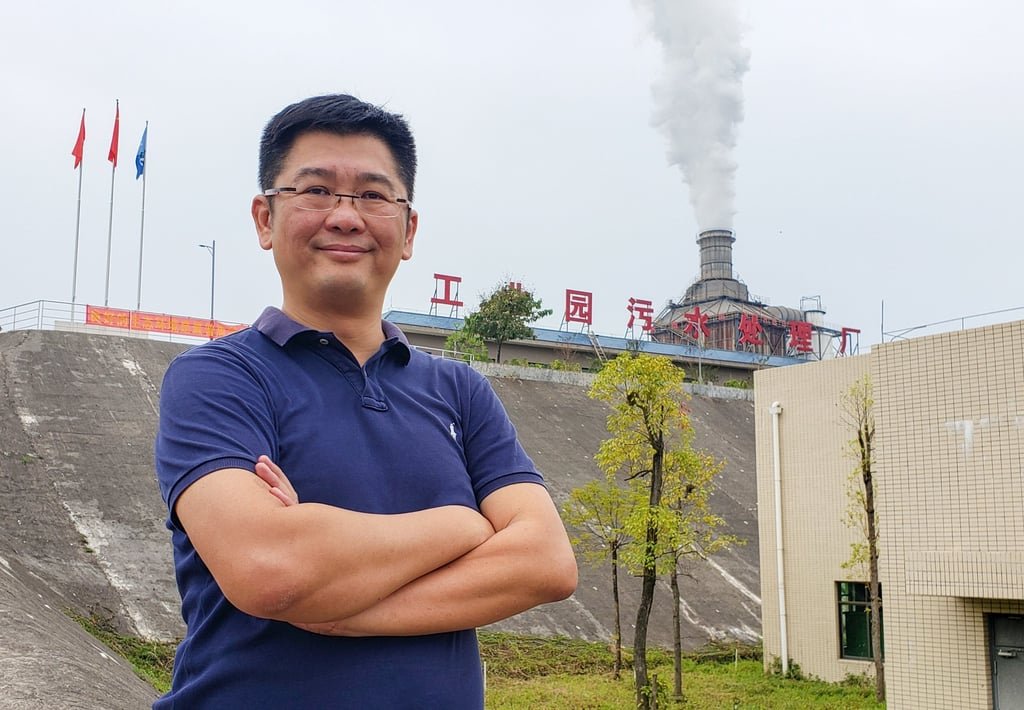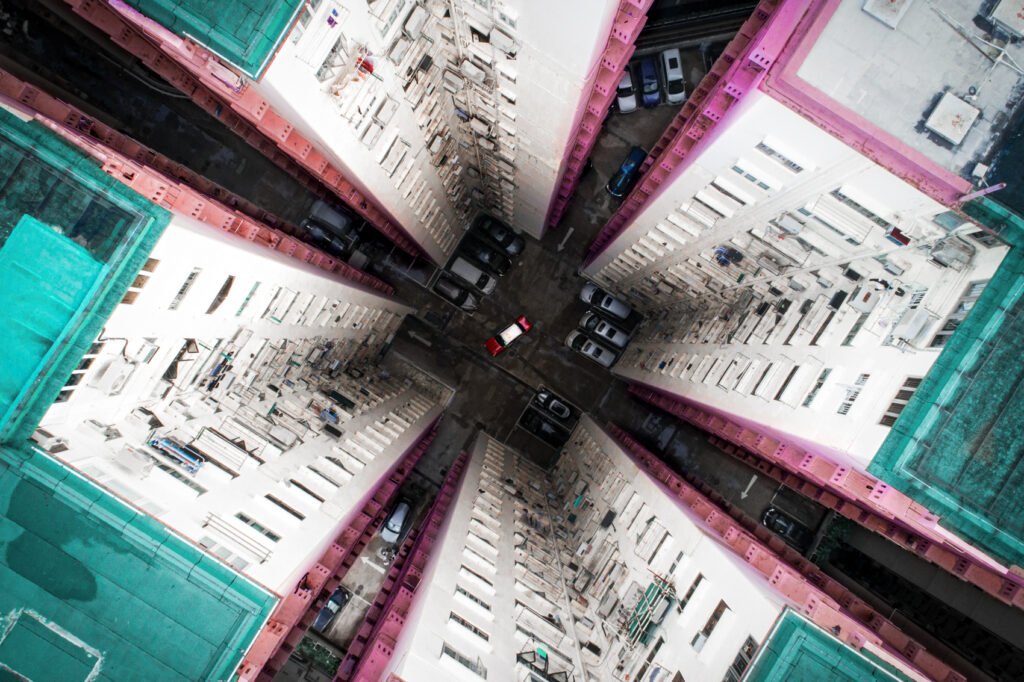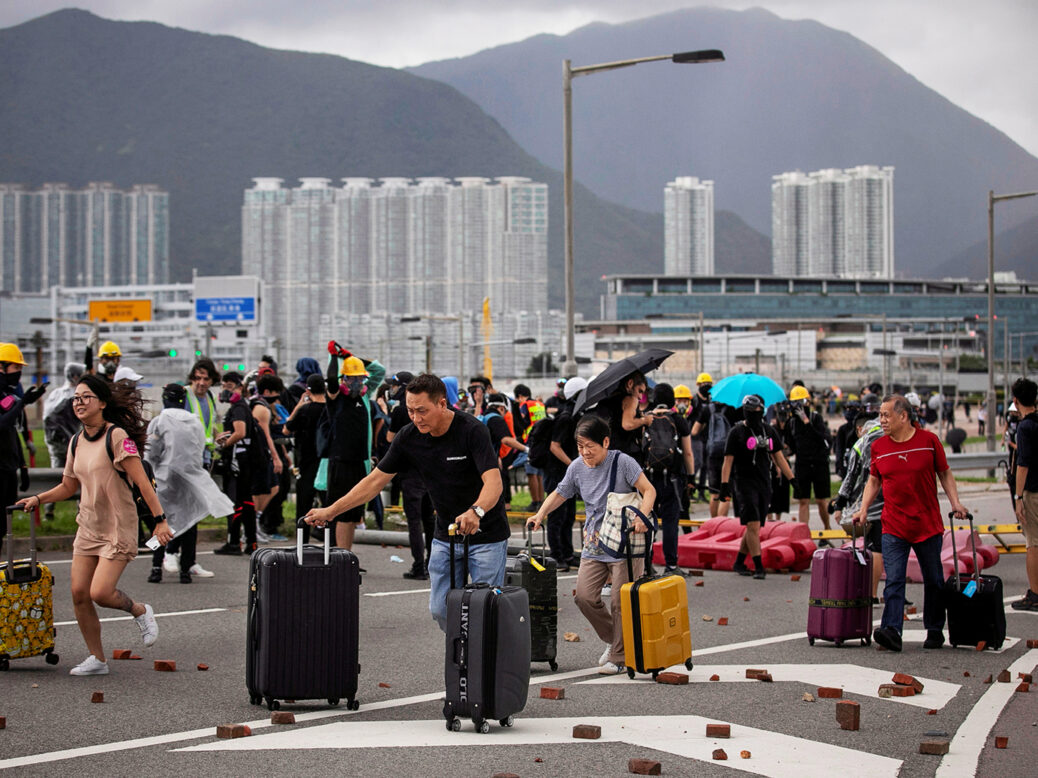
When British troops left Hong Kong in 1997, they marched out of the handover parade to the tune of “Auld Lang Syne”. The narrator of the ceremony’s BBC coverage punctuated their exit with a haunting line. “A slow march, into a new order.” In this new geopolitical moment, as a Chinese spy case rocks Westminster amid accusations that the Government will not or can not stand up to Beijing, the reality of that new order is becoming apparent.
Hong Kong has shown the direction of travel. Despite a pledge from Beijing to respect the territory’s autonomy for 50 years, that new order was abruptly realised when Hong Kongers took to the streets to protest a draft extradition bill in 2019. They marched in their thousands to oppose the new law that would have allowed suspects to be sent to mainland China to face the authorities. To start with, the protestors got what they asked for and the bill was shelved.
But Beijing hit back harder. A sweeping National Security Law was imposed on the region that brutally cracked down on any dissent.Hong Kongers took to the streets once again to fight for their city’s autonomy. Armed with nothing but umbrellas, they faced off against a heavy-handed police response. Before long, many pro-democracy figures would be forced to flee. But while thousands of Hong Kongers have found sanctuary in the United Kingdom, their safety remains far from guaranteed. And on Tuesday (14 October) the Government passed a legislative amendment which, dissidents say, could lead to extraditions with Hong Kong.
China’s efforts to repress dissent across borders is just one sinew in its increasingly muscular foreign policy (with regards to espionage, the head of MI5 believes there may be up to 20,000 Chinese agents in Britain). And it is one that smaller economies have found increasingly hard to resist. While the UK’s vocal commitment to Hong Kongers through the handover deal remains steadfast, many pro-democracy figures sheltering in Britain fear these words are increasingly vapid. “There is a huge lack of trust between Hong Kongers and the British authorities right now,” said pro-democracy activist Chloe Cheung. She was one of several dissidents to have a HK$1million bounty placed on their heads by the Hong Kong police last December. All those affected now live in a constant state of fear.
Carmen Lau, a former Hong Kong district councillor who was forced to flee the city in 2021, was also among those targeted. Shortly after the bounty was posted, she noticed people stalking her as she walked through the streets of London. “It was quite frightening,” she said. “And so far, there hasn’t been a lot of helpful support provided by law enforcement.” And she wouldn’t even feel safe in her own home. Her neighbours received letters outlining a reward for handing her over to the Chinese Embassy. “The ultimate problem is lack of resources and acknowledgement of transnational repression by the government,” she said. “That’s why law enforcement doesn’t have sufficient knowledge or guidelines on how to support targets.” Both Chloe and Carmen said that UK police would immediately call to express disapproval whenever they spoke to the media, while offering little in the way of concrete support for their safety.
Dissidents who defy the Chinese regime from within have long been aware of the risks they are taking. The 1989 Tiananmen Square massacre continues to cast a long shadow. Indeed, freshly declassified documents reveal the UK government was never blind to the threat Hong Kong democracy faced under Chinese rule. The Thatcher government had drawn up contingency plans to evacuate as many as two million from the region in the event of a Tiananmen-style crackdown.
But what few anticipated is how far Beijing’s repressive reach would stretch around the world. Despite the British state’s official commitment to the rights and freedoms of Hong Kongers, many find it galling that the current UK government wishes to warm relations with China. When Keir Starmer met with Xi Jinping last year – the first time a British Prime Minister and Chinese President had shaken hands in more than half a decade – he pledged a partnership that would be “consistent, durable [and] respectful”.
Routine promises to raise human rights with China at ministerial summits sound increasingly hollow to those on the receiving end of Beijing’s extrajudicial reach. With Business Secretary Peter Kyle having visited China last month to reignite trade negotiations, and with claims that the Chinese spy case was torpedoed to sustain commercial relationships, activists fear that Britain’s business interests will be prioritised over the welfare of vulnerable dissidents. “It’s all about examples. It’s hard for us to have confidence in the government to not trade us off for trade deals with China,” Chloe added.
“They are prioritising China as one of the most important countries to save the economy. I don’t know where that idea comes from, but I don’t believe that China could save the UK’s economy when the Chinese economy itself is not going well. China needs Western countries more than we need them. The UK is underestimating what bargaining power they have.”
Over the past few months, the old Royal Mint Court in London has become the focal point of many Hong Kongers’ worries. This is the site where China plans to build its new UK embassy, which would become Europe’s largest diplomatic outpost under current plans. But the new embassy’s size and strategic location leads many to fear it could be used as a convenient base for transnational repression operations. Chloe said: “From my own perspective, that space would give them more personnel and more resources to spy on activists and the diaspora.” Their concerns aren’t without precedent. In 2022, a Hong Kong democracy activist was dragged inside the grounds of Manchester’s Chinese consulate and beaten up.
China’s new embassy has long been locked in a planning battle. Its first application to develop the site was rejected in 2022, but fresh plans were submitted after Labour’s return to power last year. Xi Jinping and Keir Starmer are understood to have discussed the matter since the latter entered Downing Street, amplifying worries among activists that Labour may seek to usher through planning permission in a bid to boost bilateral ties. Angela Rayner, in her capacity as housing minister, demanded an explanation for redacted areas on the plans – which has prompted further delays to reaching a decision.
But it’s not just high-profile activists whose patience is wearing thin with the British authorities. Some 200,000 Hong Kongers now live in the UK – many of whom have fled their home city since the National Security Law eroded the region’s liberties. Many Hong Kongers have come to Britain through the bespoke British National (Overseas) visa route, which was introduced in the wake of the region’s repressive National Security Law. Speaking on the condition of anonymity, one BN(O) visa holder told The New Statesman, they don’t anticipate the UK government will “provide more support than what it has already done”.
“We hope the UK government and the public can realize the threat that China poses to the UK,” they added. “We feel most of the people in the West have a rather superficial and naive view of China.” The BN(O) visa route is only available to those born before the 1997 handover, leaving younger dissidents and activists with fewer options. Chloe Cheung, who was born after 1997, said: “If anything happened to me, I can’t go to the Chinese embassy obviously, but I can’t go to the British embassy as well.”
But even those who complete their visa pathway and achieve citizenship may not feel fully secure. Hong Kong business giant Jimmy Lai, who holds British citizenship, was detained in the region under its National Security Law and is currently standing trial. Many Hong Kongers who left their home city after the law’s introduction have never returned out of fear of repression. Another BN(O) visa holder, who also requested anonymity, said: “I have never returned to Hong Kong since moving to the UK in 2020.
“However, from news and friends who are still living or going back and forth to Hong Kong, I can feel there are significant changes in Hong Kong. There is more suppression of basic human rights and freedom, more prosecution and bans on specific targets without legal or reasonable grounds.” This sentiment was echoed by another anonymous Hong Konger, who said: “I returned twice but it is only for getting the rest of family members ready to move. “I don’t plan on going there any time soon in the future. The city is beyond recognisable – not in its form but in its spirit.”
The news about the possible restoration of extraditions has panicked the community further. Despite rapid clarification from ministers, the announcement failed to help restore the community’s fraying trust. Security Minister Dan Jarvis said the law was intended to sever existing ties with existing treaties – and that the rights of Hong Kongers would be protected. But it has nonetheless been attacked by advocacy group Hong Kong Watch as a “reckless move which will endanger many pro-democracy activists”.
Few Hong Kongers would argue that British authorities are actively working against their interests. But a growing number fear that the UK is increasingly tone deaf to their concerns. Carmen Lau added: “We did not feel safe when we were in Hong Kong. And for now, it seems that we are getting more and more unsafe here in the UK.” As the crisis over Britain’s relations with China grows, will Hong Kong’s dissidents be left behind?
[Further reading: Jonathan Powell and Tony Blair at the court of Donald Trump]
Content from our partners


